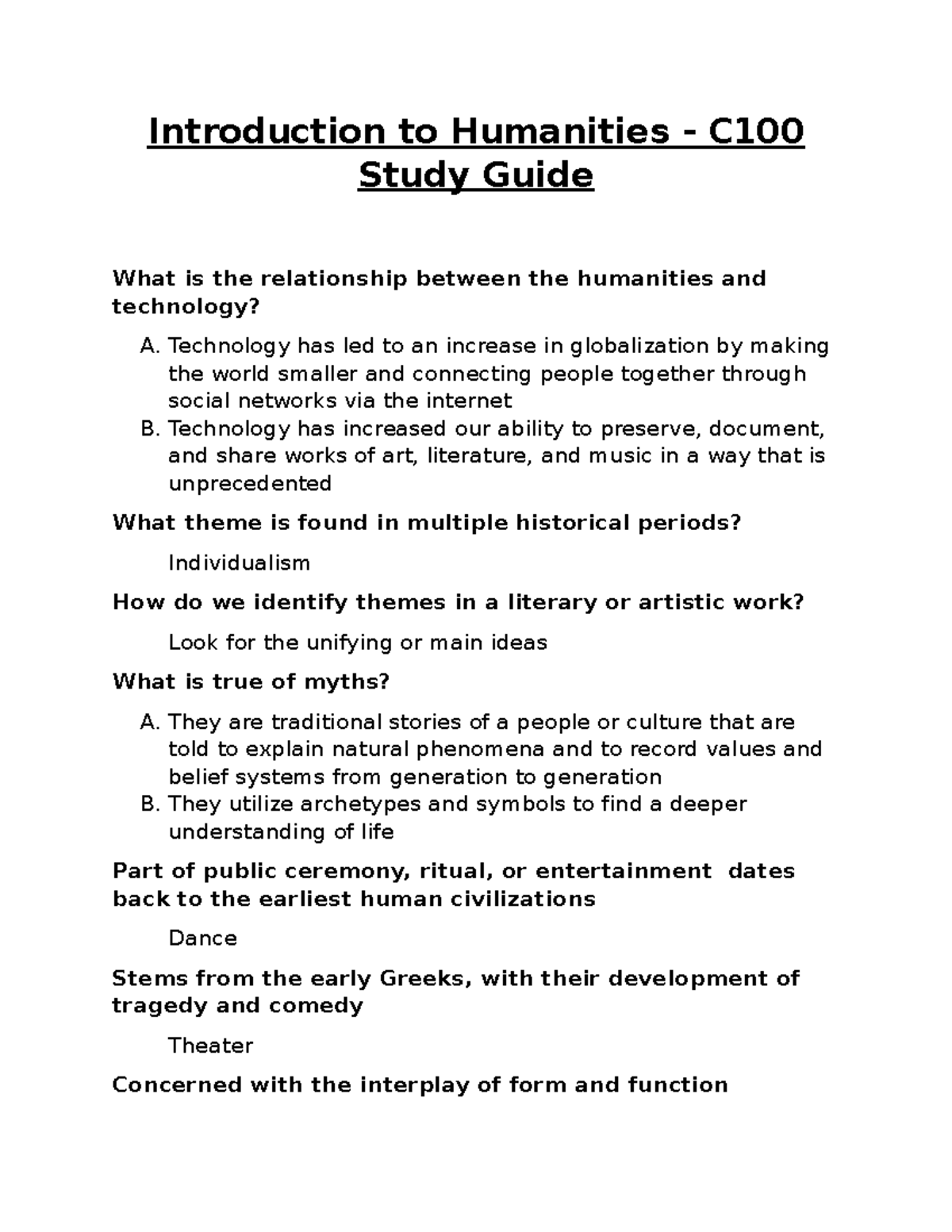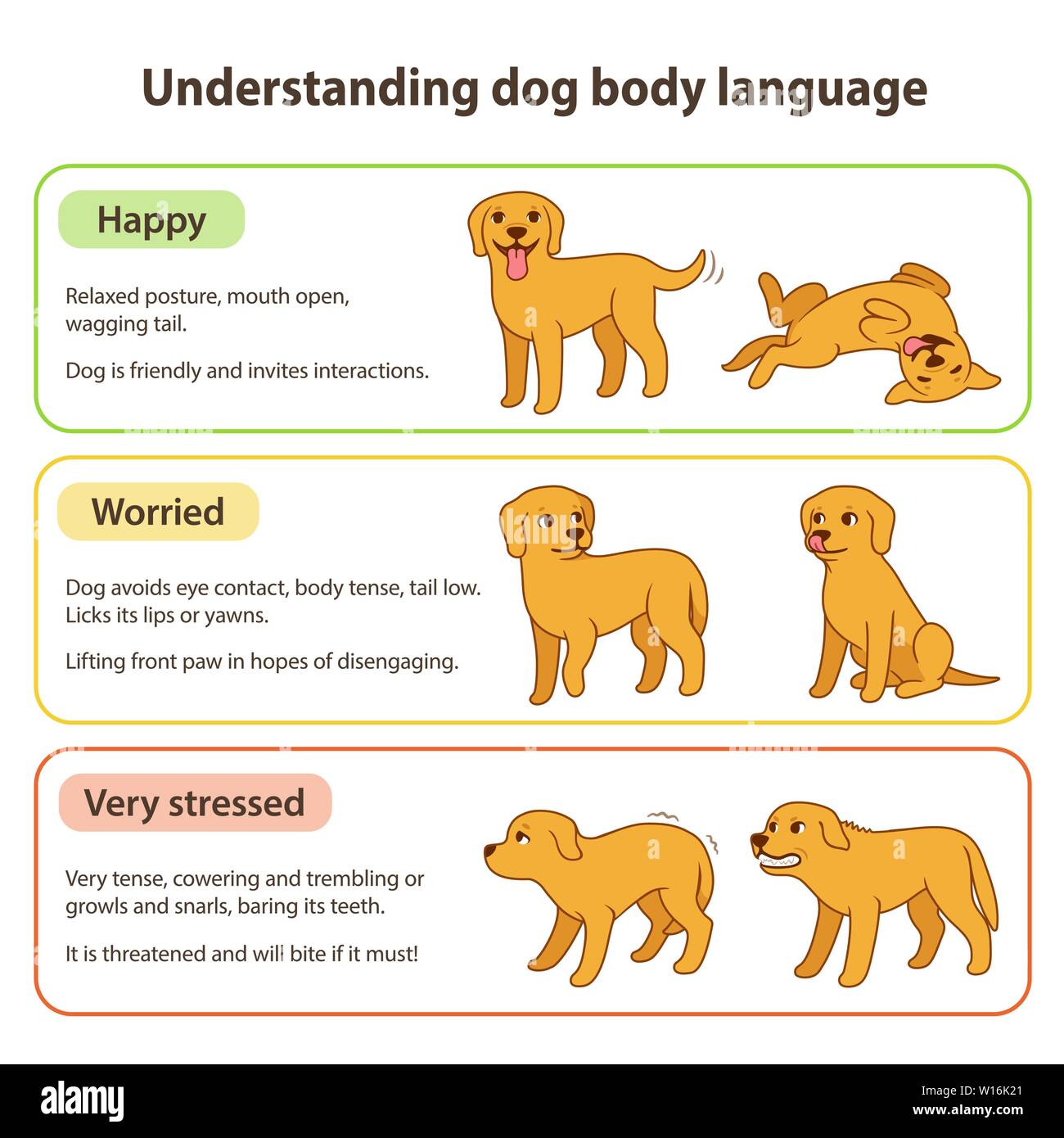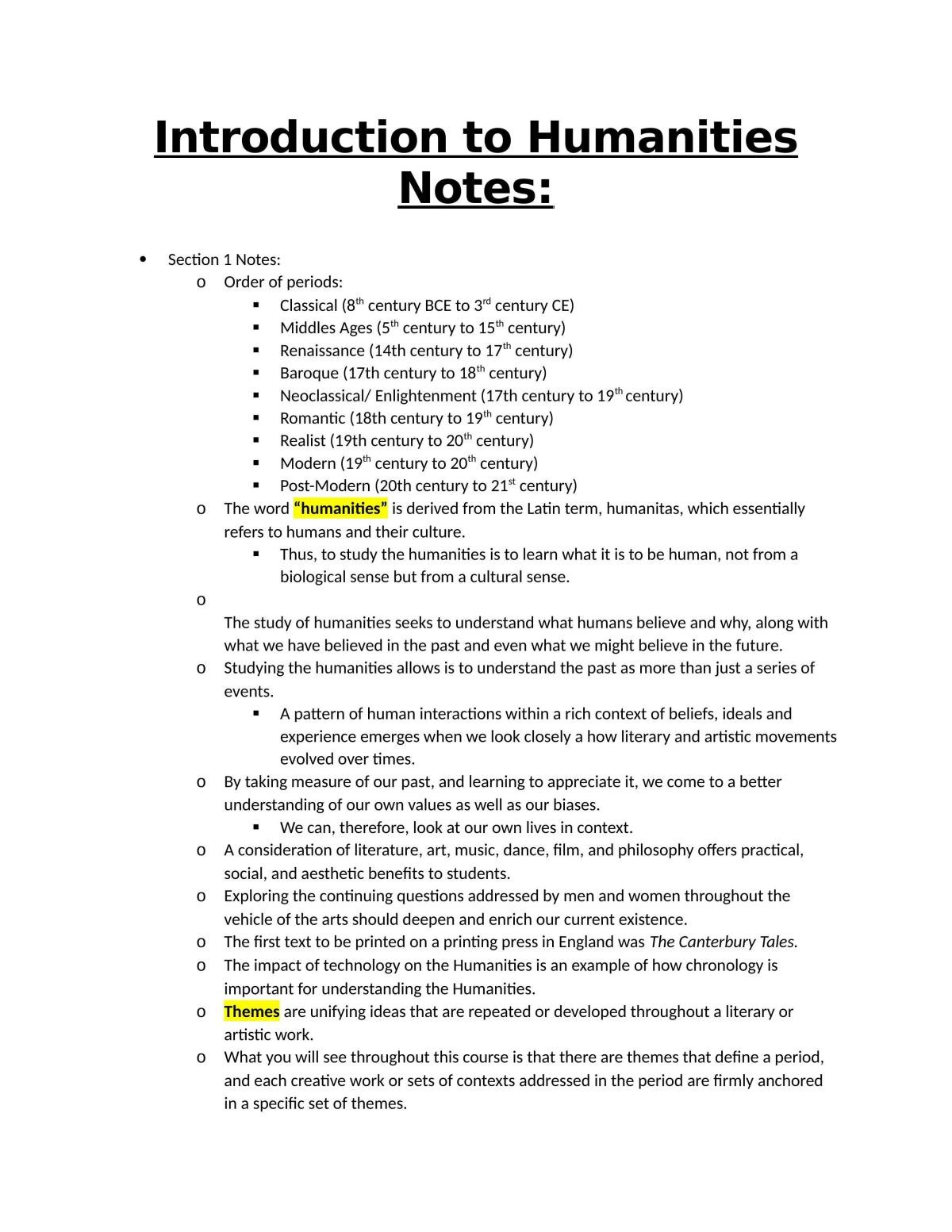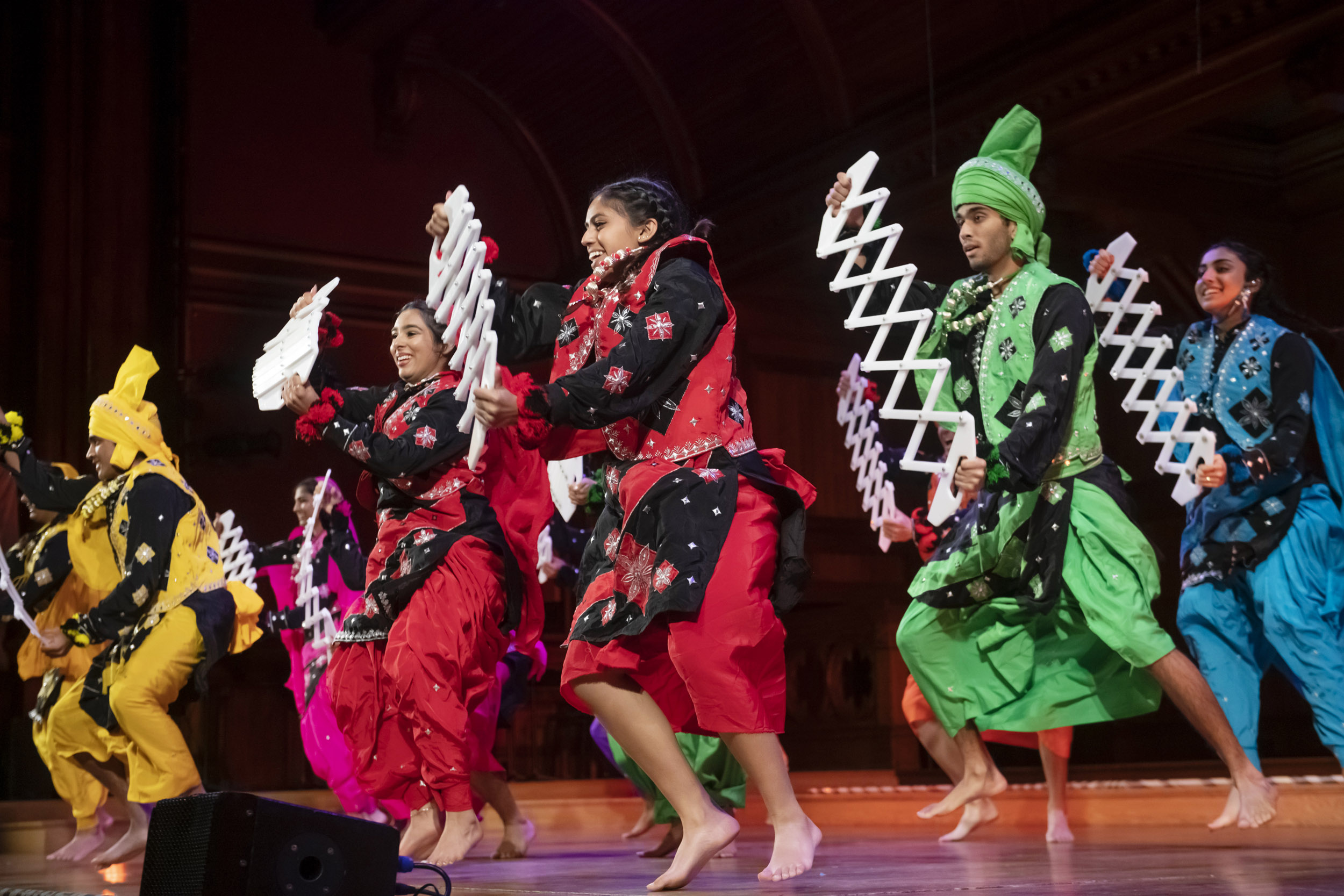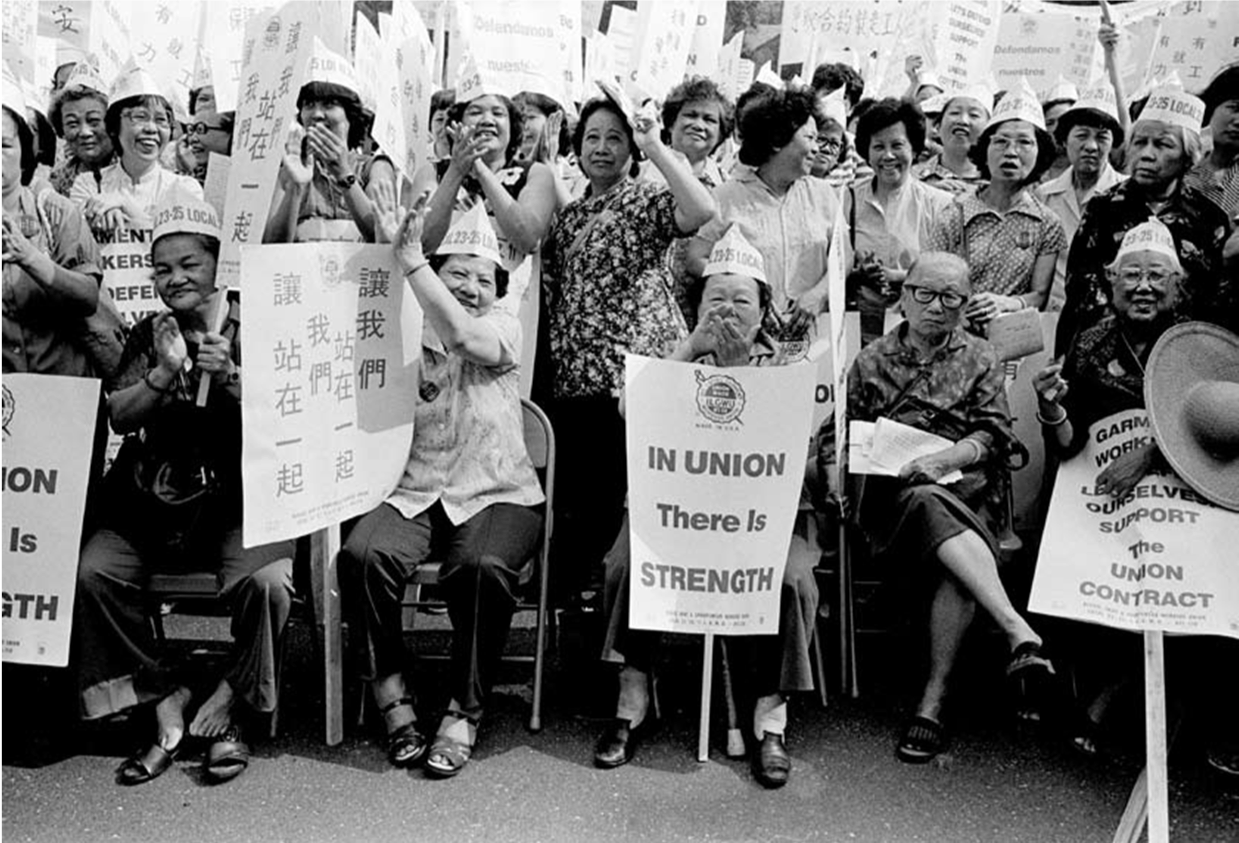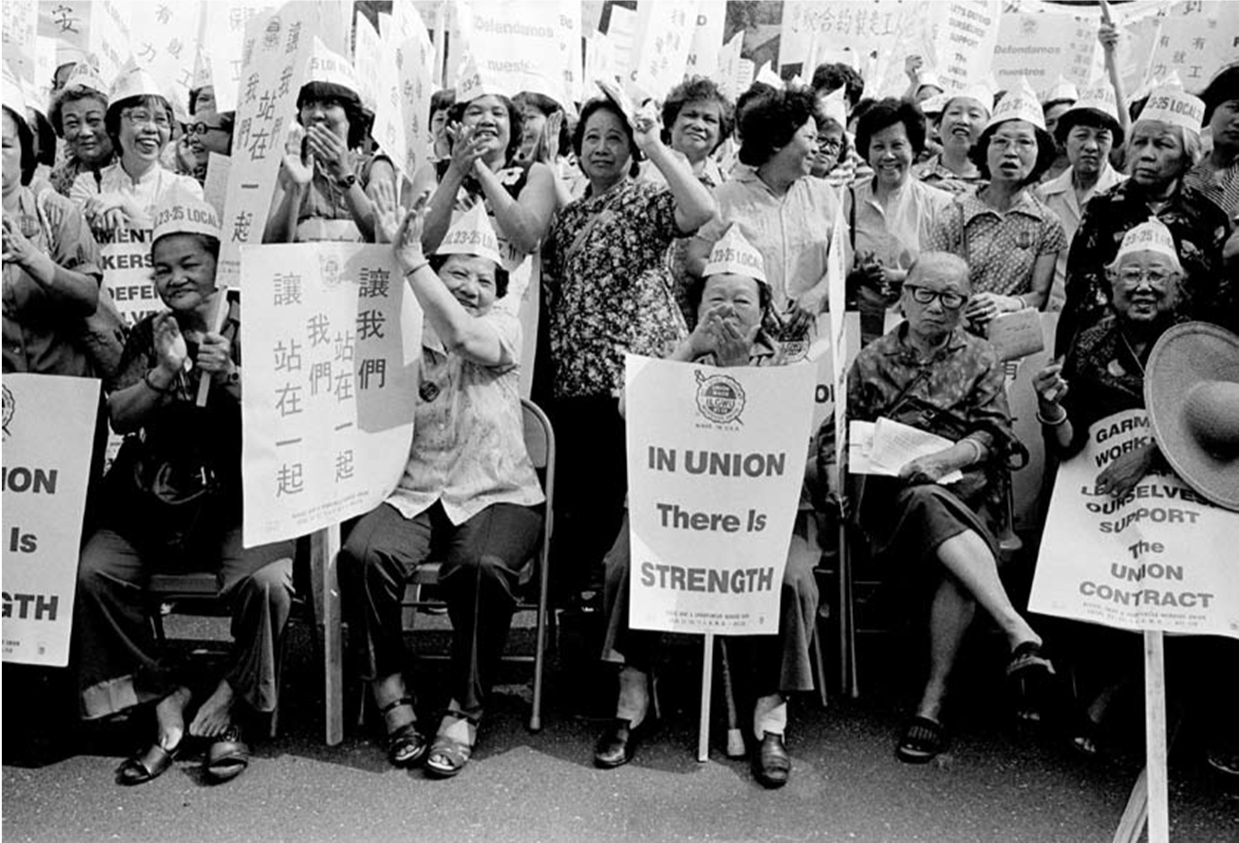Elegy workshops are a profound space for exploration and expression, allowing participants to delve into themes of loss, memory, and healing through the art of poetry. Recently held at Harvard’s Woodberry Poetry Room, these unique gatherings invite individuals from various backgrounds to confront the intricate emotions tied to grief and creativity. Led by experienced facilitators like Karen Elizabeth Bishop and David Sherman, these workshops foster a community-centered approach where both novice and seasoned poets can collaborate and share their experiences. By intertwining the tradition of elegy with creative writing, attendees not only articulate their sorrow but also find solace in the shared journey of healing. As participants engage in the Elegy Project, they discover that poetry can bridge isolation, transforming personal grief into a collective narrative that resonates deeply within the community.
Workshops dedicated to the art of elegy serve as vital platforms where individuals can express their innermost feelings of mourning and reflection through written word. These sessions, often categorized alongside other forms of poetry workshops, provide a nurturing atmosphere for participants to explore profound themes surrounding loss and remembrance. Many find that engaging in such creative writing sessions helps process their grief, leading to personal catharsis and communal understanding. By utilizing elements of community poetry, participants are encouraged to create an inclusive environment, enhancing the collective healing process. Ultimately, these elegy-related gatherings serve as a reminder of the shared human experience of loss, underscoring the importance of artistic expression in times of grief.
The Importance of Elegy Workshops in Overcoming Grief
Elegy workshops serve as a poignant vehicle for individuals to confront and process their grief through the art of poetry. By providing a supportive environment, these workshops invite participants to articulate their experiences and emotions in a creative form. This therapeutic outlet not only helps in healing but also fosters a sense of community among participants who share similar feelings of loss. The Elegy Project at the Woodberry Poetry Room, for instance, embodies this spirit of communal healing as it encourages contributors to transform their grief into poetry that resonates on a universal level.
In these workshops, participants often explore the depths of their sorrow and the memories of those they’ve lost. Through the act of writing elegies, they engage in a collective acknowledgment of grief, making the process less isolating. Each session becomes a sanctuary where stories can be shared and transformed into art, illustrating the profound connection between personal loss and creative expression. As they read their elegies aloud, participants find solace in the acknowledgment of their pain, supported by the community that surrounds them.
Community Poetry as a Platform for Shared Healing
Community poetry initiatives, such as the Elegy Project, play a critical role in promoting collective healing—especially in times of widespread grief, like during the pandemic. These workshops are accessible to anyone interested in expressing their thoughts, regardless of their prior experience with poetry. This inclusivity allows for a diverse range of voices and stories to emerge, enriching the overall experience and fostering deeper connections among participants. As individuals share their elegies for loved ones lost, the community becomes a blessed space where collective sorrow is transformed into something beautiful.
Moreover, community poetry workshops emphasize that everyone has the right to create poetry—not just established authors. In places like the Woodberry Poetry Room, participants can feel empowered to explore their creativity while being surrounded by an encouraging atmosphere. The exchange of ideas and feedback not only enhances the poetry being created but also cultivates a deeper understanding of the grief process. This approach helps participants to realize that they are not alone in their experiences, binding them together through shared emotional journeys.
Exploring the Artistic Dimensions of Grief Through Poetry
Poetry offers a unique lens through which to explore complex emotions such as grief. In elegy workshops, participants engage with the raw, unsettling emotions that accompany loss, translating those feelings into verse. This artistic exploration encourages individuals to delve into the nature of their grief, capturing moments of reflection, sorrow, and even celebration of life through their words. The shared act of writing elegantly illustrates the deep emotional landscape that poetry can unveil, providing not just a cathartic experience but also one of artistic expression.
Furthermore, workshops that focus on elegies often provoke discussions about memory and legacy, prompting writers to consider how they wish to remember their loved ones. This dialogue enriches their understanding of the intersection between grief and creativity, allowing for a more profound artistic output. As a result, poets not only create elegies but also construct a lasting tribute to those they’ve lost, reinforcing the idea that poetry can be a powerful medium for honoring memories while facilitating personal growth and healing.
Creating Connections Through Creative Writing
Creative writing workshops, particularly those centered around themes like grief and elegy, provide an opportunity for participants to connect with others on a deep emotional level. It encourages individuals to express their feelings about loss in a manner that is both healing and transformative. As they participate in discussions and share their own pieces, connections flourish, forming a community bonded by shared experiences of loss and remembrance. This shared vulnerability allows participants to be more open, creating an atmosphere conducive to both personal and artistic growth.
The role of facilitators in these workshops, often poets themselves, is vital in guiding discussions and offering feedback that can inspire participants. With their expertise, they create an environment where individuals feel safe to experiment with language and form, ultimately bringing their grief to light through poetry. This dynamic process fosters a sense of accountability and motivation among participants to refine their craft while allowing them to grow in their personal healing journeys.
The Role of Prompts in Poetry Workshops
In a poetry workshop context, prompts serve as invaluable tools that can unlock creativity and guide climactic expressions of emotion. For participants in elegy workshops, specific prompts—such as reflecting on a cherished memory or writing from a particular emotional state—help channel the weight of grief into structured poetic forms. These prompts not only alleviate the pressure of having to create spontaneously but also help in honing specific themes and techniques associated with elegiac poetry.
Moreover, prompts offer a framework that encourages exploration and experimentation in writing. Participants can engage deeply with the complexities of their grief while simultaneously receiving the necessary scaffolding to articulate those feelings. Through structured inquiries, they are able to access different facets of their mourning experience, allowing for a more nuanced and impactful elegy. As a result, the writing generated in these workshops becomes personal yet universal, making the work resonate on broader levels with others who may share similar experiences.
Benefits of Attending Poetry Workshops for Personal Growth
Attending poetry workshops, particularly those focused on elegy, is profoundly beneficial for personal growth and emotional development. Participants are often finding themselves at crossroads of grief, and through the act of writing, they can forge pathways towards understanding and healing. The collaborative nature of workshops fosters camaraderie and provides a sense of belonging, which is paramount for individuals navigating the complexities of loss. Engaging with others while exploring the art of poetry can open doors to new perspectives and emotional resilience.
Moreover, the skills developed during these workshops extend beyond the realm of poetry. Participants learn to articulate their emotions more clearly, communicate more effectively, and listen empathetically to the experiences of others. These skill sets not only enhance their writing but also foster meaningful relationships outside of the workshop setting. Ultimately, poetry workshops become not just spaces for literary exploration but significant catalysts for personal transformation and community engagement.
How Elegy Workshops Foster Emotional Resilience
Elegy workshops are essential in cultivating emotional resilience among individuals grappling with grief. By allowing participants to express their sorrow through poetry, these workshops encourage them to confront their emotions rather than suppress them. This process of externalizing grief can be liberating, as it helps individuals to navigate their feelings in healthy, constructive ways. Sharing their elegies with the group further reinforces the understanding that grief is a shared human experience, fostering a supportive atmosphere that nurtures emotional growth.
Through storytelling in verse, participants can reframe their narratives around loss, highlighting not only pain but also hope, remembrance, and connection. This duality fosters resilience as poets realize that while loss is inherently difficult, it can also lead to moments of beauty and discovery. Consequently, the elegy workshop becomes a transformative experience where the act of creation empowers them to reclaim agency over their narratives and cultivate their strength.
The Impact of the Woodberry Poetry Room on Local Communities
The Woodberry Poetry Room stands as a beacon for poetry lovers, significantly impacting local communities through initiatives like the Elegy Project. By offering workshops that explore themes of grief and loss, it provides a vital space for individuals to gather, share, and create art rooted in their experiences. This emphasis on community engagement reinforces the belief that poetry is not just an art form for the few but a collective venture that belongs to everyone. Poetry becomes a channel for healing and connection, breaking down barriers within the community.
Furthermore, the Poetry Room’s commitment to nurturing creativity is evident in its support for various initiatives that extend beyond traditional barriers of poetry consumption. By making workshops accessible and inviting people from all walks of life, it fosters diversity in literary voices prevalent in the community. Events hosted in this space spark dialogues around grief, memory, and healing, uniting individuals in a shared mission of exploration through poetic expression.
Transformative Power of Poetry in Times of Crisis
In periods of crisis, such as those experienced during the pandemic, poetry emerges as an essential form of expression and solidarity. Workshops, especially those dedicated to elegy and grief, allow individuals to articulate their fears, losses, and longings amidst uncertainty. The craft of poetry becomes a healing balm, a reflective space where participants can elicit their pain and transform it into art. This process offers them a semblance of control during unimaginable times, illustrating the transformative power that poetry can wield.
Moreover, participating in elegy workshops cultivates a sense of community resilience that is crucial for navigation through collective trauma. As individuals connect over shared experiences of loss, they form bonds that foster emotional support and solidarity. This community-building aspect of poetry allows participants to discover that their grief is not isolated but rather part of a larger narrative shared among many. The collective engagement in poetry not only nurtures individual wounds but also fosters a robust network of support and understanding, essential for healing in times of crisis.
Frequently Asked Questions
What are elegy workshops, and how do they relate to poetry workshops?
Elegy workshops focus specifically on the practice of writing elegies, which are poems that honor the dead and express grief. They are a subcategory of poetry workshops and often encourage participants to explore themes of loss, memory, and consolation through creative writing. These workshops provide a supportive environment for individuals to process their emotions and connect with others who share similar experiences.
How can participants benefit from elegy workshops in the context of grief and poetry?
Participants in elegy workshops often find solace in expressing their feelings of grief through poetry. Engaging with writing allows individuals to articulate their emotions and articulate their experiences of loss, making the journey through grief a communal and less isolating process. By sharing their poems, participants also receive support and empathy from fellow attendees, fostering a sense of community in their healing journey.
What is the Elegy Project, and how does it enhance community poetry initiatives?
The Elegy Project is a public poetry initiative that aims to make the experience of grief less lonely by encouraging community participation in writing elegies. It involves distributing poem cards in public spaces and hosting workshops focused on exploring themes of loss through poetry. By facilitating connections between individuals and the wider community, the Elegy Project nurtures a collaborative approach to healing through poetry.
Where can I participate in elegy workshops like the ones held at the Woodberry Poetry Room?
Elegy workshops similar to those at the Woodberry Poetry Room are often hosted in community centers, universities, and through poetry organizations. Check local listings, literary event calendars, or the websites of relevant institutions, such as the Woodberry Poetry Room, for upcoming workshops. These events typically welcome poets of all skill levels and provide a space to explore themes of grief and healing.
Are elegy workshops suitable for beginners interested in creative writing and grief?
Yes, elegy workshops are suitable for beginners as they typically emphasize creativity and personal expression rather than technical proficiency. Participants are encouraged to share their thoughts and feelings about loss in a supportive atmosphere. Facilitators often provide writing prompts and resources, making it easier for newcomers to engage with poetry and unlock their creative potential.
What kinds of activities occur during elegy workshops?
Activities during elegy workshops often include writing exercises, reading and analyzing existing elegies, sharing poems created by participants, and engaging in guided discussions about grief and loss. Workshop leaders may provide prompts and inspiration from literary texts to help trigger creative thought. The goal is to foster a dynamic and collaborative environment where participants can explore their emotions through poetry.
| Key Points |
|---|
| The Elegy Project began as a response to the loneliness and grief caused by the pandemic, aiming to show people they are not alone. |
| Workshops encourage participants to write elegies, emphasizing the collective experience of grief and connection through poetry. |
| Participants include a diverse group from different backgrounds, united in their exploration of poetry as a means of expression and healing. |
| The project distributes poem cards in public to foster engagement and create a sense of shared communal grief. |
| The workshops utilize prompts and the Poetry Room’s collections to inspire creativity and reduce the pressure of writing. |
| Mary Walker Graham highlights that elegy allows a full spectrum of human emotions, making loss more bearable and enhancing our capacity for empathy. |
Summary
Elegy workshops offer a profound avenue for individuals to express their grief and connect with others through the art of poetry. By providing a space for collective mourning and sharing, these workshops create an inclusive community experience that emphasizes the therapeutic nature of writing. Participants, regardless of their background, engage with poetry as a powerful tool to process emotions, honor lost loved ones, and find solace in shared experiences. Such initiatives are vital for fostering a culture of openness and healing in a world that often feels isolating.


